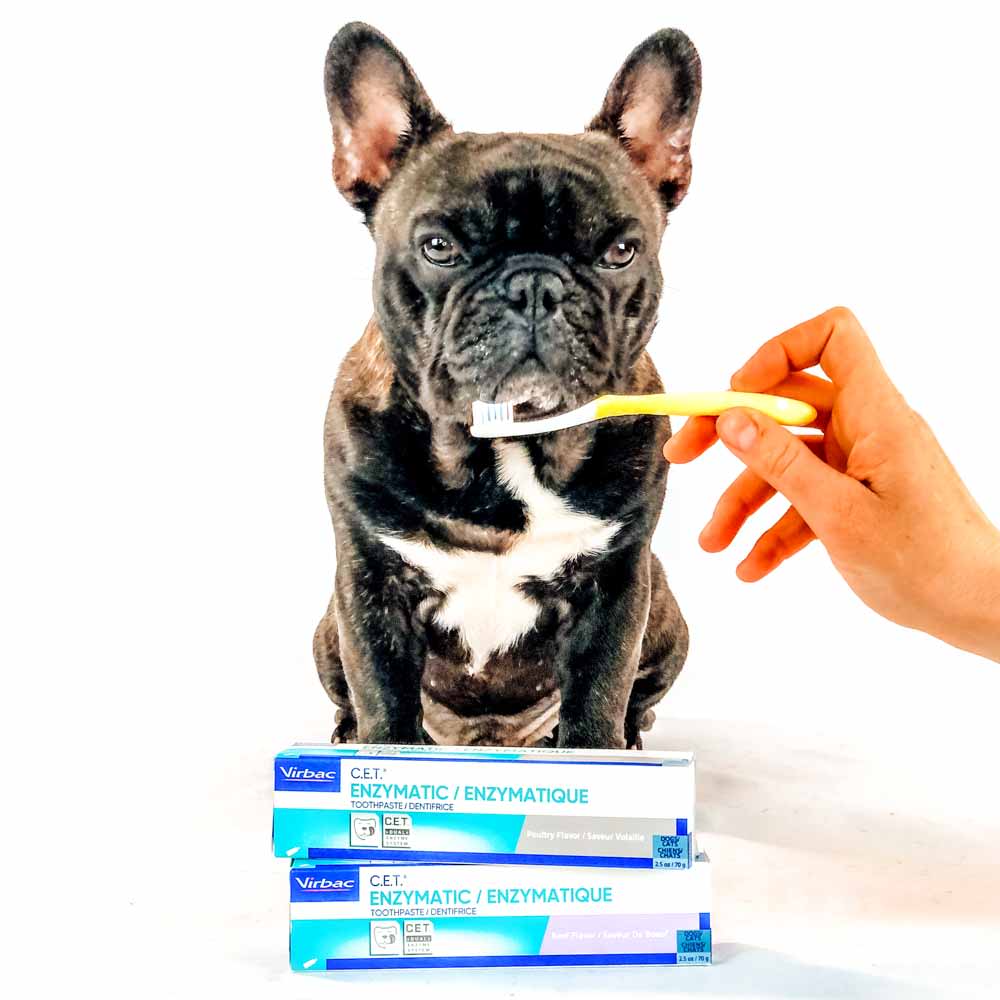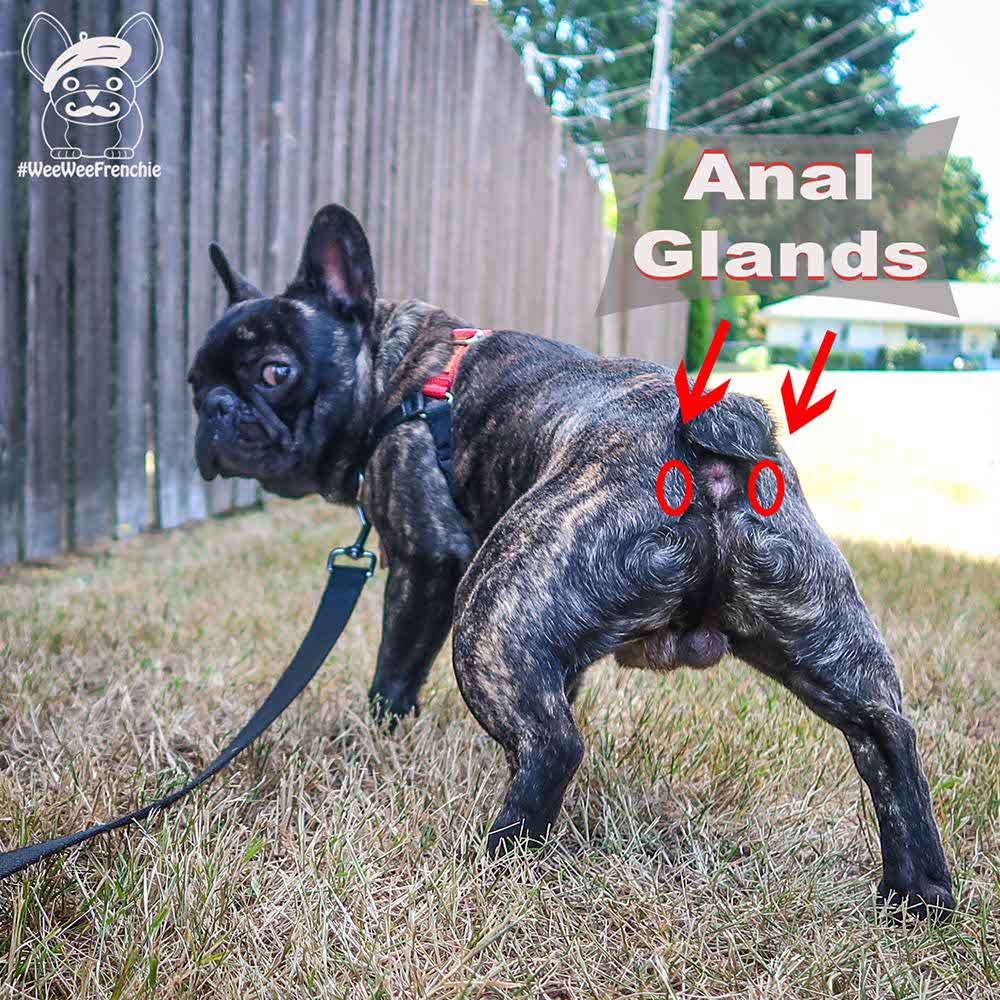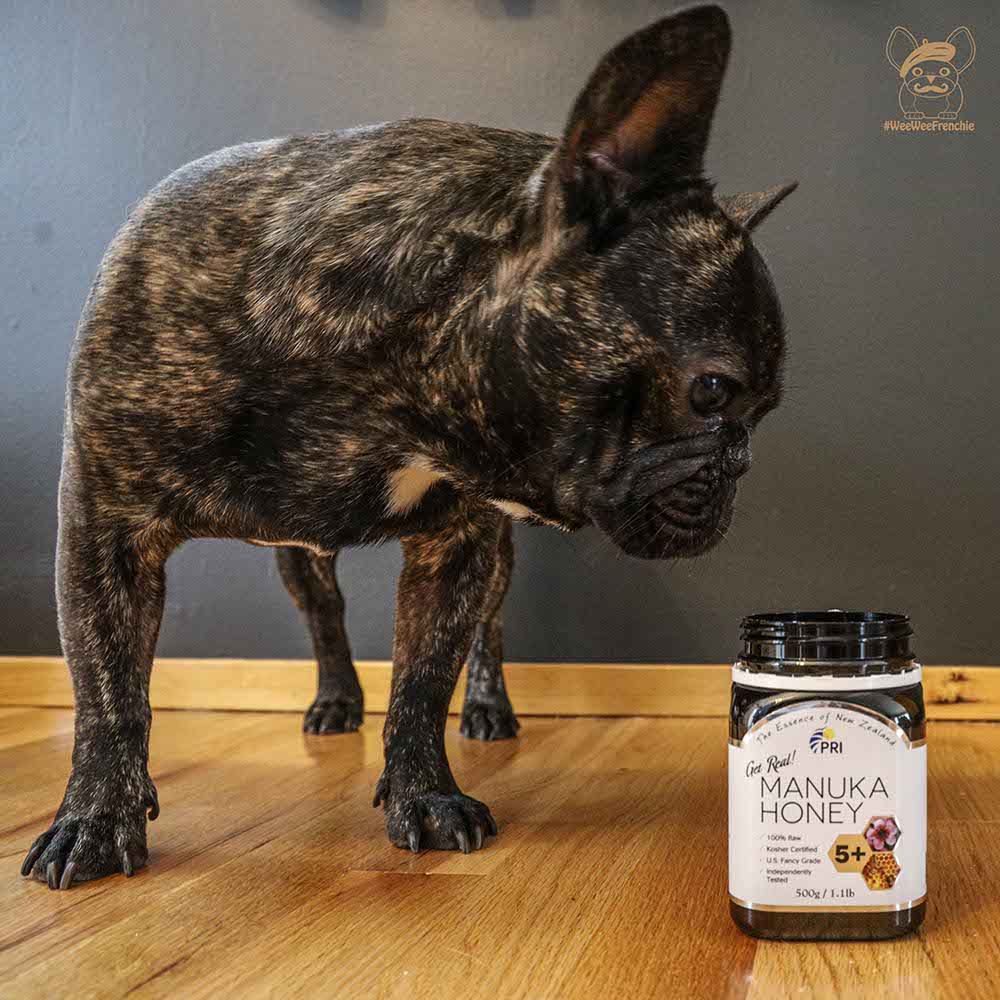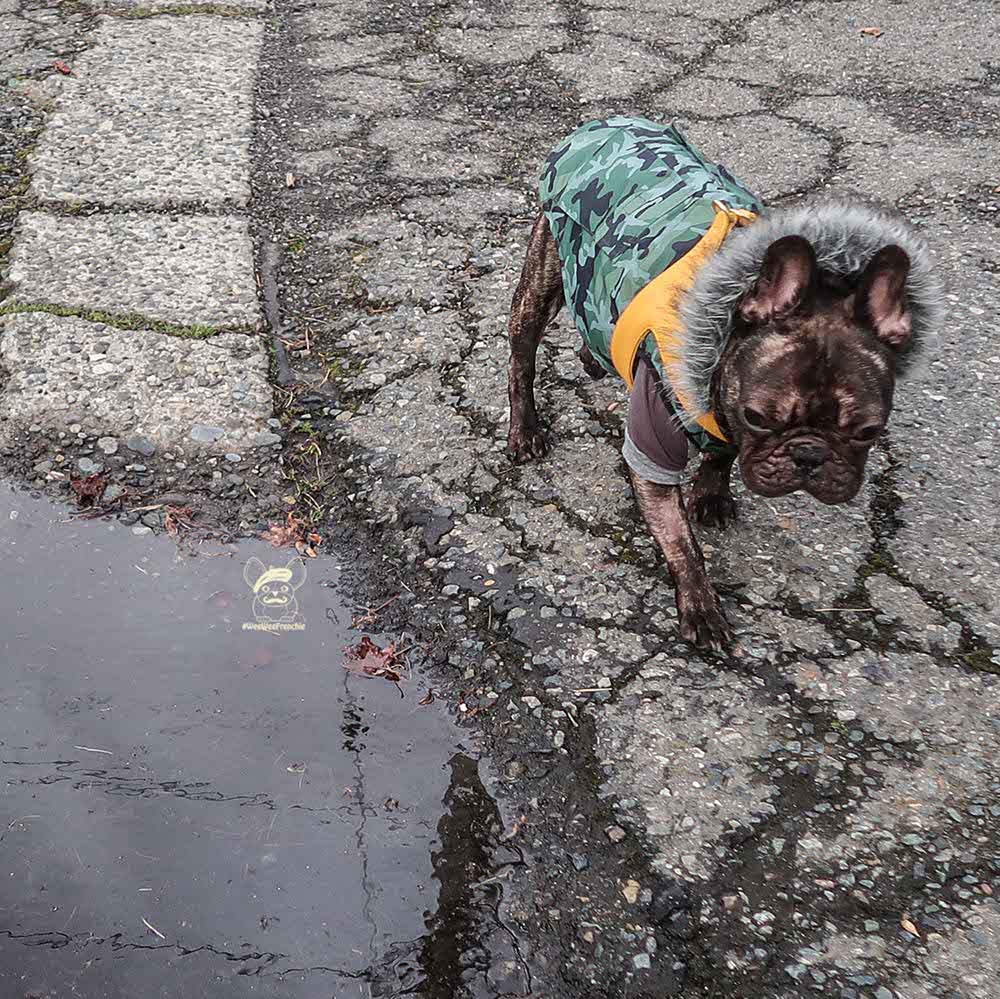Canine Influenza - Is Vaccination Necessary?
It is springtime, and after such a long winter, all that sunshine is going to our heads. We are dreaming about paddleboarding, barbecues, and any other outdoor activity that gets us in the sunshine.
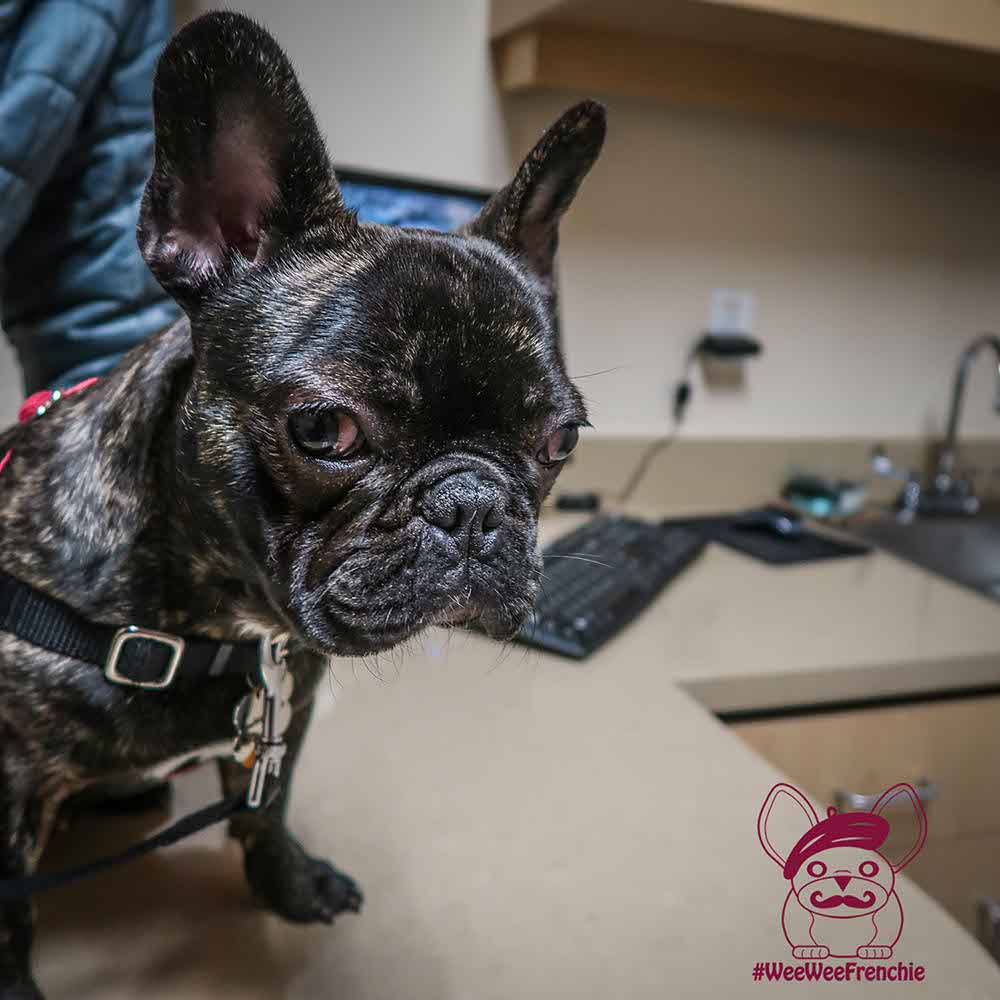
It is springtime, and after such a long winter, all that sunshine is going to our heads. We are dreaming about paddleboarding, barbecues, and any other outdoor activity that gets us in the sunshine. So you can imagine my surprise when a trip to the vet for a dog wellness check turned into the physician asking if I wanted to get my dog vaccinated against canine influenza (flu). My response was, “Huh? Are you serious?” She looked at me intently and said, “Yes.”
What is Canine Influenza
There are many strands of viruses that can cause flu. Canine influenza (or dog flu) is caused by specific Type A influenza viruses; H3N2 and H3N8. This virus was originally an avian flu virus that adapted over time to infect dogs and some cats (H3N2). Initial reports of dog flu originated in Asia (Thailand, China, and South Korea), which has now travelled to other parts of the world, including the United States. The virus is highly contagious among dogs, but has not shown transmission from canines to humans. With time, viruses can adapt to infect a larger population but for now, it is dog specific.
Severity and symptoms of canine influenza
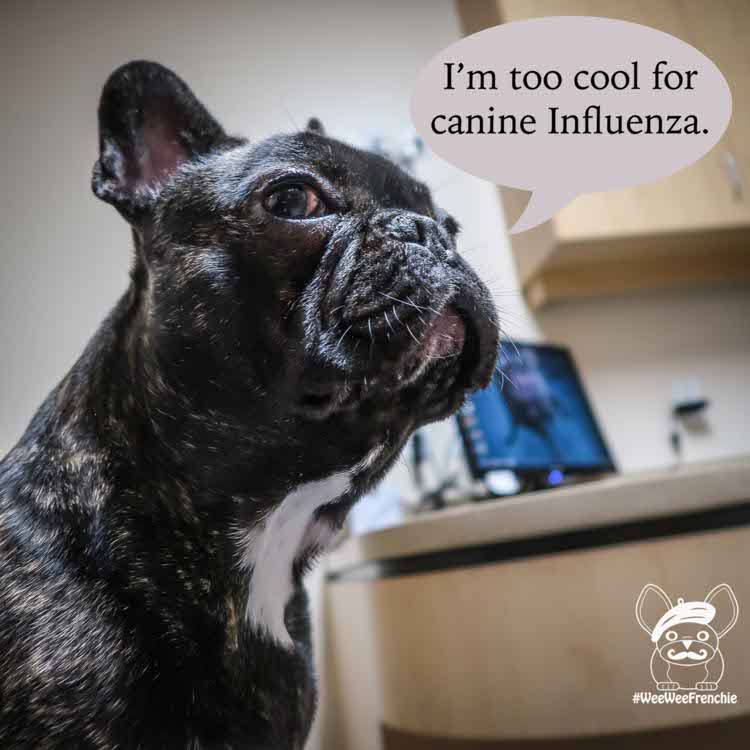
Canine influenza can be very serious, since infection rates can be high, but death rate is low among infected dogs.
Symptoms range from showing no symptoms to showing severe symptoms like eye discharge, runny nose, coughing, fatigue, reduced appetite, fever. As with most illness, it has to run its course, usually lasting 2 - 3 weeks duration. More serious illness usually presents as a secondary bacterial infection causing pneumonia-type illness. If your dog is showing any signs or symptoms of illness or dog flu, it is best to have your pet evaluated by a veterinarian.
Susceptibility of illness
Just like most illnesses, being in large groups or enclosed areas increases exposure rate. Shelters, kennels, or doggie daycares are areas where dogs are mainly kept indoors in smaller areas. These tight quarters can make it more easy to spread the virus from dog-to-dog through airborne respiratory secretions via coughing or sneezing. If your dog is coughing or sneezing, it is best to seek veterinary care for influenza testing and/or treatment of illness, if any. A sick dog is best kept at home to limit spreading illness to other dogs. Clothes, hands, or any surface that has been exposed to a sick dog should also be washed and disinfected to limit viral transmission to other dogs.
Treatment
The main treatment for canine influenza is prevention. A canine influenza vaccine is approved in the United States, and it offers protection from both the H3N2 and H3N8 viruses.
If your dog becomes infected with influenza, supportive care is initiated mainly for symptom relief such as providing fluids to prevent dehydration or pain relief. If your dog develops a secondary bacterial infection, then antibiotics can be prescribed.
What did we decide
Phoenix will be spending more time in dog daycare, and since he loves playing with other dogs, I think it is best to get him vaccinated. I hate seeing my little guy being sick, even if it is only for a few days. Frenchies are such a unique breed, and like other short-snouted pups, it is harder for these guys to recover from surgeries and infections. If a vaccination can prevent illness for my pup, of course, I will make sure he gets protected. Make sure to start a discussion with your vet and decide what is right for you and your pup.
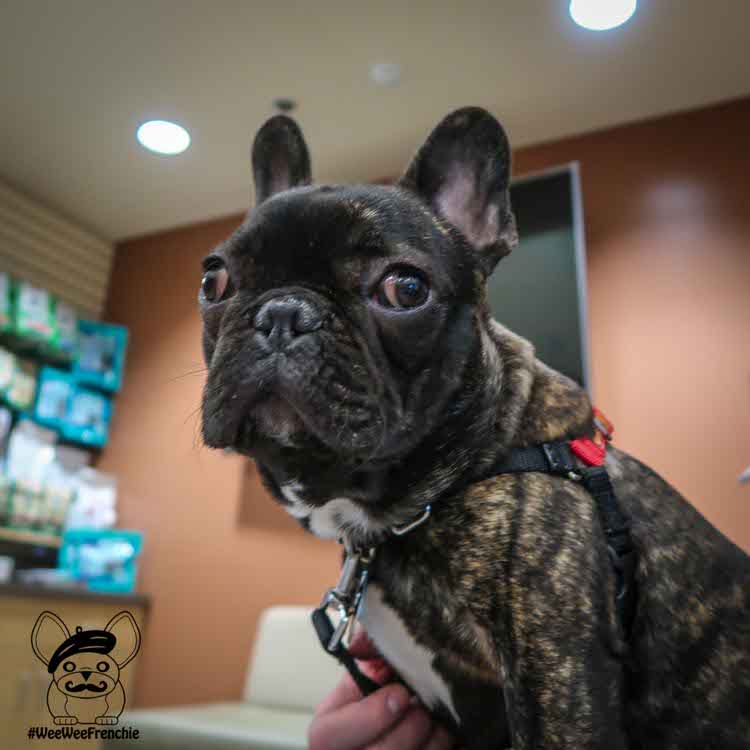
Influenza can be a serious illness in both humans and animals. Care should always be taken to review your dog’s current health, as well as possible exposure. If your dog spends time at a dog daycare or spends time with other dogs, it may be a good idea to get your dog vaccinated to limit illness Prevention is always key to limit illness transmission, and if you suspect you have been around a sick dog, washing hands and cleaning clothes prior to touching another dog will limit spreading the virus. Washing objects or bowls that may have come in contact with a sick pup is also important to preventing influenza transmission.
Can dogs still get sick after getting the canine influenza vaccine? Just like the human influenza vaccine, nothing is ever 100% guaranteed. Humans still get sick even after getting the flu vaccine, just like canines can still become ill after a vaccination. The hope is that the vaccination will either prevent illness after exposure or limit symptoms if infected.
This blog is for informational purposes. As always, it is best to discuss what is right for you and your pup with a licensed veterinarian.

